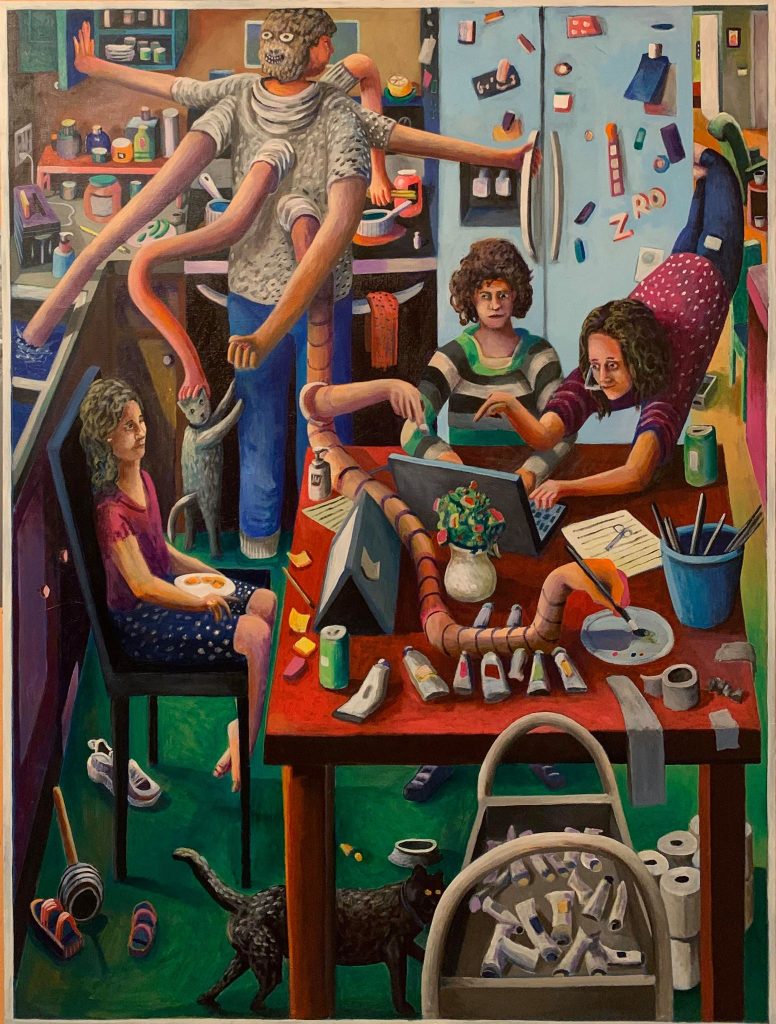
How might we describe a year spent under the banner of COVID-19?
Some of us may be thinking that it is a demonstration of man’s powerlessness in the face of the expression of a rebellious nature. A force that captures our attention and deprives us of what we usually define as “normalcy.” Others, however, might think that it is a way to test the power of man. Others, that it is destiny of the age…and so on.
In previous eras, when man was faced with other pandemics such as, for example, the plague, there was no idea what could have caused it and what strategies could have been adopted to deal with it in a contained time frame. When, in 1918, the Spanish flu broke out, many of the measures adopted to fight the virus, which had not been isolated, proved futile and attempts to develop a vaccine were useless.
In the repetition of such a phenomenon in history, while many uncertainties and errors have recurred, some aspects of the storyline have changed. With Covid-19, the first alarm bells about a potential new outbreak began to ring in late December 2019. By January 10, 2020, scientists had not only isolated the responsible virus, but also sequenced its genome and published the first information online. In just a few more months, it became clear what measures could slow and stop the chains of infection. In less than a year, several vaccines were put into production.
As an editorial in Nature Medicine reminds us, “The Covid-19 pandemic has opened a window of opportunity to rethink how countries prepare for public health crises. This window should not be wasted,” urging us not to lose heart, instead considering which viruses and microbial organisms could be the next global killer – and how to support people to make life-saving decisions when it arrives.
On the anniversary of this changed world, in spite of these aspects of the plot different from previous eras, several newspapers around the world, recall how deeply each of us has been challenged, at different levels, physical, psychological, social, financial. Each of us, albeit in a different way, has a story of upheaval, loss or survival related to this past year, which we probably never imagined we would experience. A year that has confronted us with the limits of intervention and human responsibility.
Moreover, although we have been able, at least in the most developed countries, to increasingly overcome physical boundaries, thanks to a digital world, not everything can be digitized. We’ve realised the crucial role played by many workers in healthcare, in the transportation world, in grocery stores…. And how a world without those who work in the arts, culture, entertainment, catering…is a world that deprives us of important parts of our human being. It was a year that also strained family management, putting high pressures on parents, kids and teachers and demanding that the logic of multitasking could be exaggerated.
This anniversary prompts us to reflect on those who survived and those who left us. And, in some countries, including Italy, the value of the generations of our elders, very precious, previously little considered and valued. We are now more aware of how important it is to protect them, to stand by them, to learn from them,
This year has highlighted the crucial role of being there on different levels and how not being able to see loved ones, in person, not being able to embrace them, especially at a particularly sensitive time, is like being stripped of a layer of skin, feeling all vulnerable.
Still, it’s important to ask ourselves if we’re really learning anything from this pandemic time, which has confronted us with grief, without difference.
